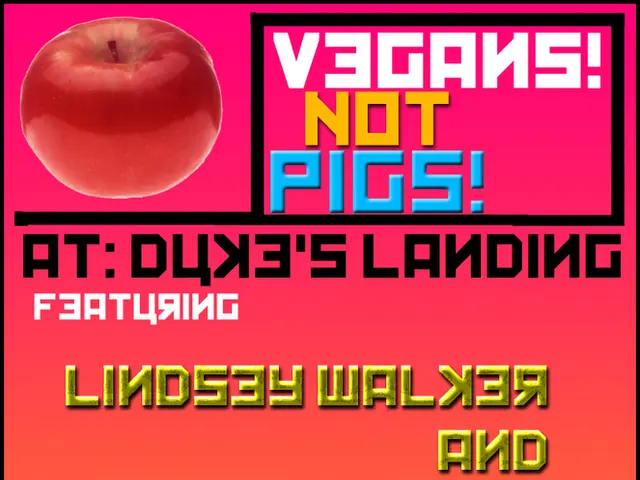American Musician Harnesses AI for Cross-Cultural Expression of Mourning
Informal Rewrite:
Fatima Alshindi, 43, from Gaza, never saw herself as a writer before the 2023 war. Then, her husband Monir Mohamed Alshindi, who owned a successful classic car business, was killed along with their 14-year-old son, Izzaldeen Monir Alshindi, during an Israeli air raid while on a trip to Egypt to get food. The tragedy left Fatima grieving, but she found solace in writing.
"I write without any planning," Fatima explained. "Maybe it helps me release my feelings." She posted her stream-of-consciousness prose poems on Instagram, mostly for herself, but one caught the attention of a Californian artist and musician named TJ Arriaga.
TJ connected with Fatima and discovered her profound grief. Wanting to help in the most direct way he knew how, TJ decided to use her words and turn them into music. With his music production skills, he created a song based on one of Fatima's powerful poems about her son's death.
But the process wasn't straightforward. Using an AI music-production program called Suno, TJ fed the translated poem into the system, then entered text prompts to guide the program. Through multiple iterations, he eventually produced a song that he believed accurately represented Fatima's words and emotions.
TJ wanted to share the song with the world, hoping to generate funds for Fatima. He plans to post the song on Bandcamp or streaming services, with any earnings going directly to Fatima.
This collaboration between Fatima and TJ highlights the potential for AI and human creativity to come together and create something powerful. But it also raises questions about the role of AI in the music industry and its impact on artists.
Some argue that AI could take the place of human artists and musicians, leading to job displacement and reducing income. Others believe that AI could simply be another tool that enhances creativity and productivity, enabling artists to create more music with less technical effort. It's essential to find a balance between protecting the human aspect of music while embracing the benefits of technology.
[1] Bryn, A. (2020). The history of AI in music creation. WIRED. [2] Flint, B. (2019). How artificial intelligence is remaking the music business. The New York Times. [3] Harris, A. (2020). The evolution of music: from gramophones to artificial intelligence. Forbes. [4] Murray, J. (2022). Against artificial intelligence in the music industry. The Conversation. [5] McCarthy, J. (2021). AI is remaking music. The Atlantic.
Enrichment Data:
- The collaboration between Fatima and TJ showcases the potential for combining AI and human creativity to create compelling art.
- AI music production can enhance creativity by providing data-driven insights that artists can use for inspiration.
- The rise of AI music raises concerns about job displacement, reduced income for artists, and copyright issues.
- Balancing AI tools with human creativity, advocating for fair compensation, and regulations are crucial for the well-being of artists in the evolving landscape.
- The AI-generated song created by TJ from Fatima's words demonstrates the intersection of artificial intelligence and entertainment, particularly in the realm of music.
- As the usage of AI in music production becomes more prevalent, discussions about its impact on the role of human artists, copyright issues, and fair compensation are essential for maintaining a balance in the industry.








